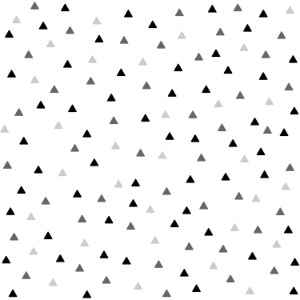I’m A Persecutor (WT724)
BlogIn our leadership experiences we look at what Jennifer Elliot called “The Eternal Triangle of Hate”.
You might know this as “The Drama Triangle” or “Triangle of Drama”.
It gets referred to a lot in personal development circles.
The triangle includes three roles:
- The Victim
- The Rescuer, and
- The Persecutor.
The victim’s belief is “I’m not ok. You’re ok. I need someone to come and save me. I’m broken.”
The Rescuer believes “I’m ok. You’re ok, as long as you do what I say.”
The Persecutor believes “I’m ok. You’re not ok. You can’t do it right.”
At a surface level, persecutors are often seen as bullies.
Rescuers, also known as co-conspirators feel good when they help or save victims.
This week I gained a huge insight from Benjamin J. Harvey, co-founder of Authentic Education regarding persecutors.
Persecutors criticise and judge. They are argumentative and have to be right. They aren’t necessarily bullies in the traditional sense, but they are hard to work with. No-one can do it as good as them.
Ben also explained that those of us who are passionate about personal development can get caught up in our own drama triangle – feeling the victim, coaching ourselves then persecuting ourselves for not being perfect.
As I listened to Ben’s explanations, I could feel my head getting redder and redder. “OMG!”, I thought. “I’m a persecutor.”
I can be quite argumentative. I criticise. I judge and I expect a very high standard of work.
I’m not proud to admit that Jennifer Elliot once told me that I was so critical, it was hard to be around me.”
Ouch!
Whilst I was uncomfortable to hear the feedback at the time (many years ago), I also appreciated it. How I was showing up was not how I wanted to show up. It gave me the opportunity to reflect and change.
This week was another reminder that I’m not perfect. I constantly work on myself to be better.
As one of my clients often says, “When I know better, I can do better.”
So, how about you?
Do you favour one of the roles in the triangle?
Is it serving you?
Perhaps it’s about time you acknowledged how you show up and decide to do it differently.
And so I don’t leave you hanging, rather than being a persecutor, you can focus on listening to others and provide constructive feedback.
Instead of being a rescuer, you can become a facilitator to help empower others.
And instead of being a victim, it might be time to start taking responsibility for yourself, your actions and your results.
I accept this might be confronting, however without self-reflection or feedback from others, it’s difficult to change and improve.
Personal development is one of my greatest passions.
Let me know which role you identify with and what changes you can make.
P. S. Invite your friends to get the Weekly Thoughts delivered directly to their inbox. Go to https://shirleydalton.com/weekly-thoughts.





